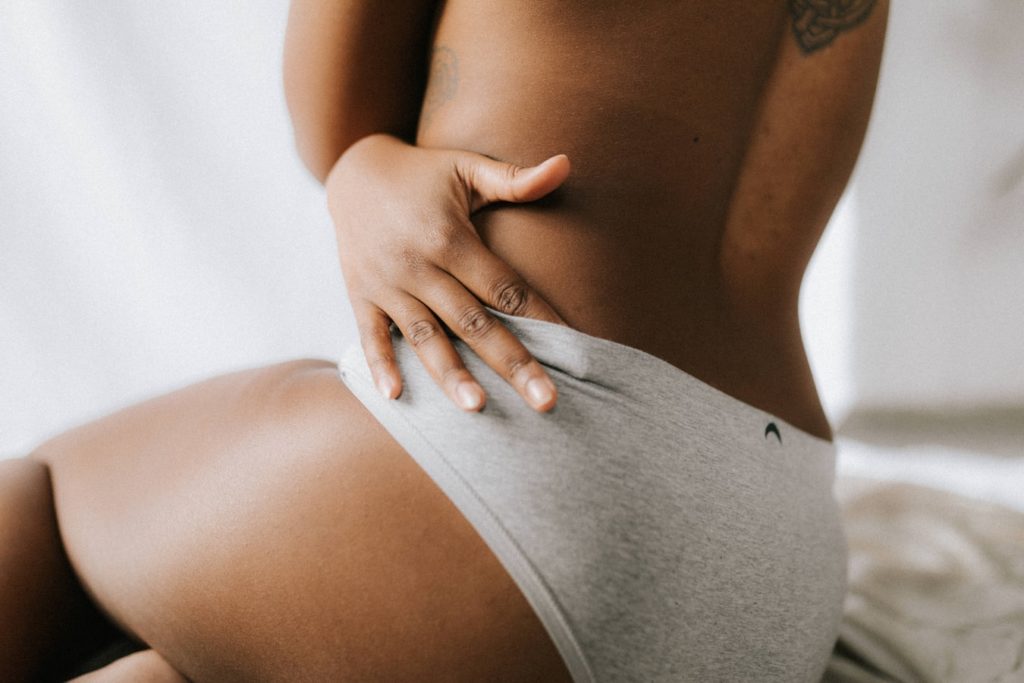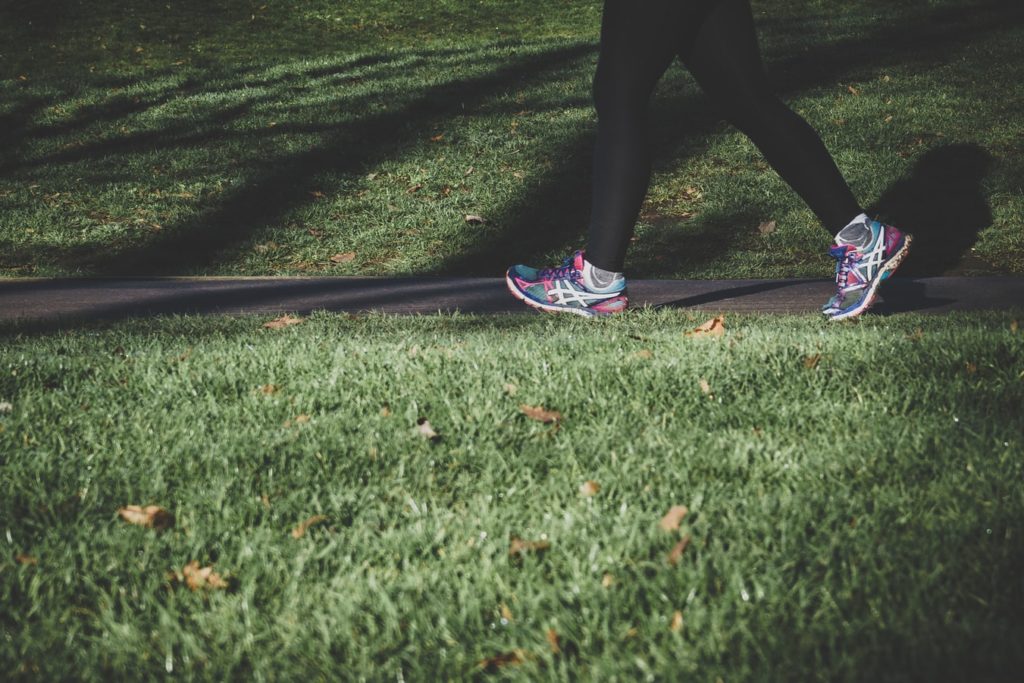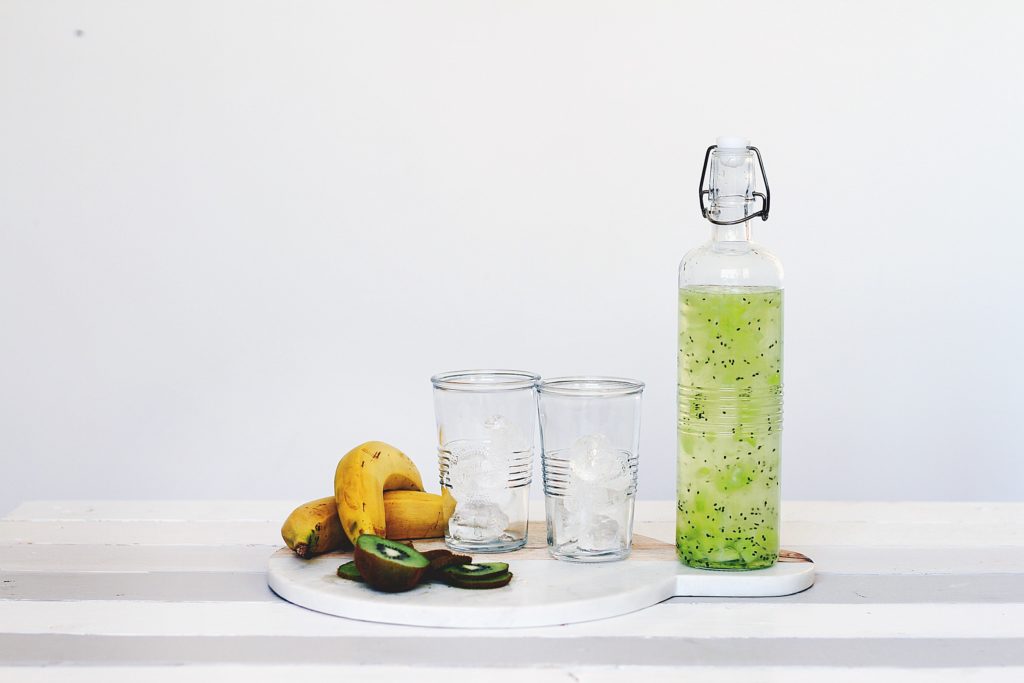We’ve all felt it, but what is bloating? Here is everything you need to know about how to reduce and prevent bloating.
Bloating is when your belly feels full or swollen. There are several reasons why bloat occurs and it’s not always from eating too much.
What is Bloating?
That swollen, full feeling doesn’t just happen after a big meal. There are many reasons why you may experience bloating. Most Americans experience bloat regularly, so there isn’t much need to worry.
Bloating, gas and abdominal discomfort are usually linked to what you eat. Even if you haven’t had a large meal, some foods will cause bloat.

@wearhuha
What Causes Bloating?
Here are several causes that may cause bloating:
- Overeating – Most common
- Rich and Fatty Foods – Fats take longer to digest than protein and carbohydrates which keeps the stomach full longer.
- Eating Too Fast – It takes approximately 20 minutes to feel full, if you eat very fast, you may be overeating.
- Gassiness – Gas in the abdomen and in the intestines’ can cause bloat.
- Bloat Inducing Foods – Difficult to digest foods.
How to reduce or prevent bloating?
Now that we know what bloating is and the main causes, how can we prevent it? Here are 13 tips that will help prevent bloating.
1. Stretching & Yoga Poses
There are many stretches and yoga poses you can do that will help loosen the abdominal muscles and aid with digestion. Child’s Pose, Happy Baby and even squats can help move gas through your body and relieve any build up.
Here is a video to help reduce and prevent bloating:
2. Peppermint or Peppermint Capsules
There is a reason why restaurants give you a peppermint candy with the bill. Peppermint helps with indigestion and gas. If you are suffering from IBS (irritable bowl syndrome) peppermint capsule are a natural way to relieve symptoms.
3. Abdominal Massage
Massaging your abs and stomach can also help keep your bowels moving. Place your hands above your hip bones and rub in a circular motion with light pressure toward the right side of your rib cage. Then move slowly to the left down your rib cage to you help left hip bone.
4. Warm Bath
Heat from a warm bath of shower can help alleviate bloating. Relaxing and soaking in a tub not only reduces stress but also allows your muscles to loosen.
5. Go For a Walk
Get moving after a meal or snack to help prevent bloating. This will move the bowels as well as help guide gas and stool through the body effectively. It doesn’t have to be a long walk either, but it will provide relief from abdominal pressure.
6. Drink Water
Water will help rid the body of excess sodium and will also aid with constipation. Drinking plenty of water throughout the day and during a meal will not only keep you hydrated but also prevent over eating.
7. Eat Slowly
It takes about 20 minutes for the brain to register that the stomach is full. If you are a fast eater, you may be over doing it in under 20 minutes. Additionally, chewing your food more can help reduce swallowing air but also helps with eating slower.

@areksan
8. Exercise Daily
The recommended amount of physical activity daily is 30 minutes. This can be broken down into 5 or 10 minute intervals that you do throughout the day. Exercise doesn’t require a gym, equipment or anything other than your body.
You can get daily exercise by going on walks, dancing, swimming, Pilates or jumping jacks. Just so long as you get your body moving, you’ll help prevent constipation, bloating, fatigue and even improve your mood!
9. Probiotics
Probiotics are living microorganisms that help improve and restore healthy bacteria in the gut. Taking probiotic supplements will help regulate the colon and intestines which prevent bloating, constipation and swelling.
10. Get Allergy Tested & Medical Conditions
Ruling out food allergies or medication conditions is important even if you aren’t bloated. IBS, Crohn’s disease and ulcerative colitis often go undiagnosed and can cause serious damage to your colon, intestines and stomach.
Additionally, getting allergy tested will help you find out what’s causing the bloating, discomfort and other symptoms. Diary, gluten, fructose and egg intolerance are very common. These foods cause bloating in non-allergic people just the same, but if you are allergic it could worsen the symptoms.
11. Avoid Swallowing Air
Swallowing air can cause gas and bloating that is often uncomfortable. Fizzy, carbonated drinks are a big reason many of us swallow air. The bubbles contains carbon dioxide which is a gas that can be released from liquid after it enters your stomach.
Avoid swallowing air by using a straw, chewing gum, chewing food thoroughly and chewing with your mouth closed.
12. Avoid Alcohol
Alcohol is a leader in causing bloat. Not only is alcohol really bad for all of your organs, it can reek havoc on your stomach and intestines.
When the bacteria in the large intestines digest the sugars in alcohol, they produce gas. Additionally, alcohol is an inflammatory substance. This means that is causes the body to swell. Most alcoholic are mixed with sugar and carbonated drinks which only furthers the bloat.
13. Limit Bloat-Inducing Foods & Drinks
There is a lot of food and drinks that can induce bloat. Some of these foods are even very healthy and nutritious. It is important to remember that bloating is normal and even the healthiest people bloat.
Foods that cause bloating:
- High-Fiber – Foods that are high in fiber is good for you but going from little-no fiber to a lot can cause irritation. Start slow when introducing fiber into your diet.
- Legumes – Beans and lentils cause bloating because they are high in fiber, protein and healthy carbs. These foods take longer to digest thus creating bloating and gas.
- Fatty Foods – Fatty foods cause bloating because they are digested slowly. Even healthy fats can cause bloating.
- Dairy – Dairy products like cheese, milk and ice cream can cause intestinal discomfort and bloating.
- Whole Grains – Although healthy, whole grains are high in fiber which can cause gas.
- Fruits & Veggies – Despite being good for you some fruits and veggies cause gas. Brussels sprouts, cabbage, prunes, apricots and cauliflower all contains sugar and starch which can cause bloat.

There are many different reasons why you may experience bloating. Cigarettes, diet, medical conditions and lifestyle all can play a huge factor. Bloating is rarely serious but can be very uncomfortable. These remedies are all simple and effective.
What do you do to prevent bloating?
Read More:
Fast Food is Bad For Your Health & The Environment – Here’s Why
Stop Nail Biting With These 11 Tips
10 Easy Tips For Lowering Cholesterol
Follow us on instagram!
Stay Connected
